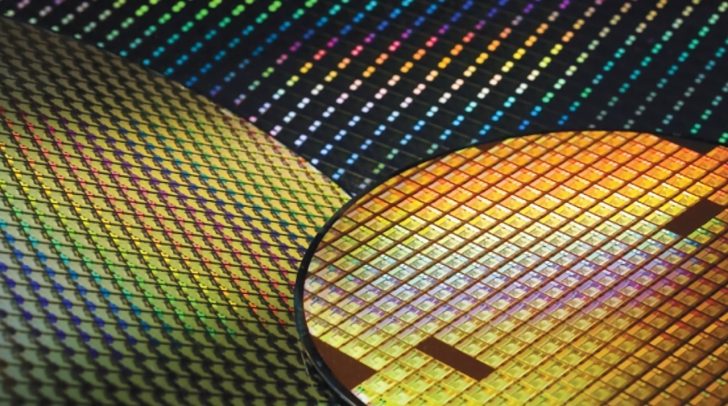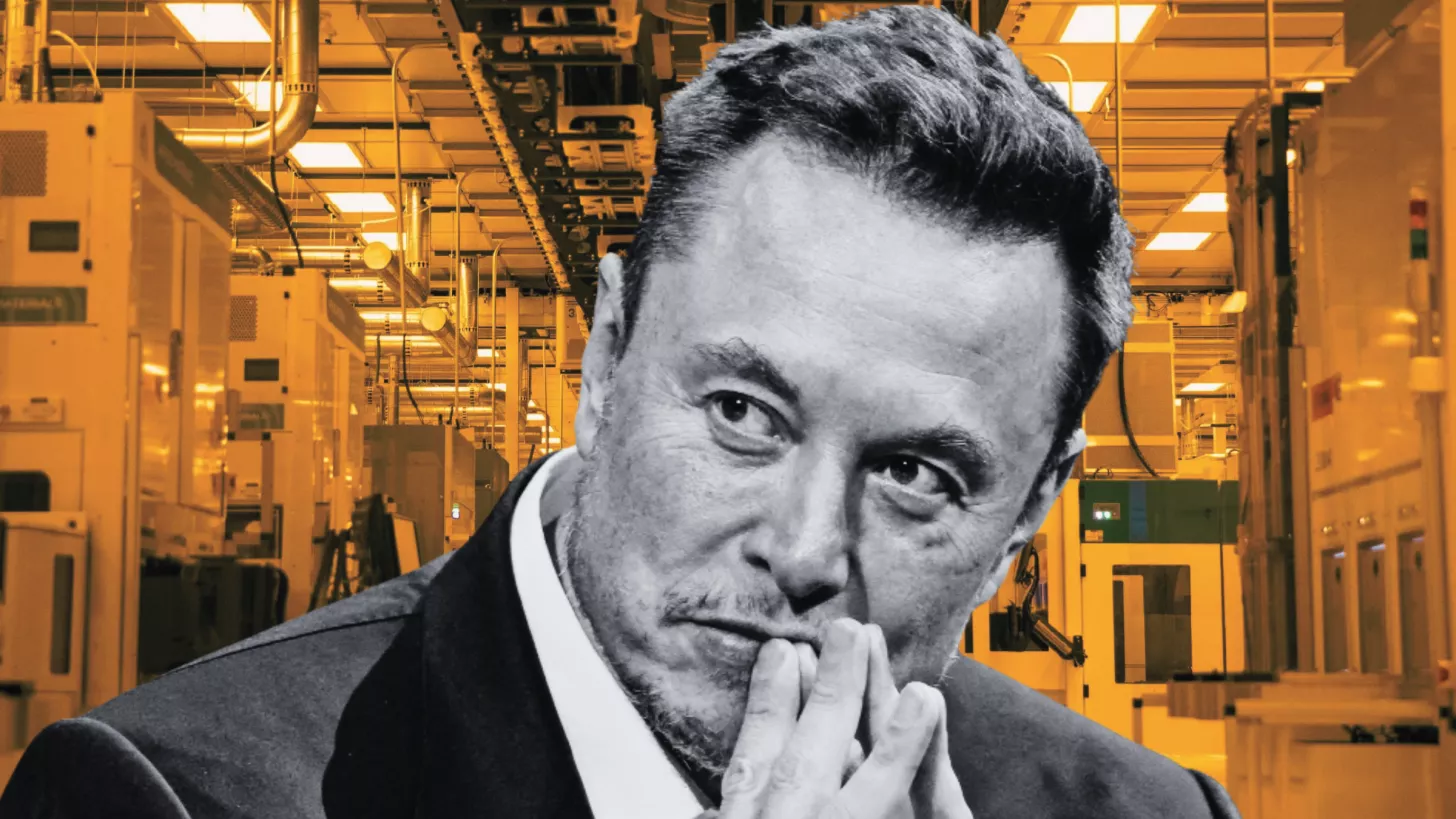Elon Musk’s ambitious plans for Tesla’s chip production facilities aim to go beyond merely securing chip supply. The venture envisions a future where Tesla maintains a stable and independent semiconductor supply chain, potentially shielding it from global uncertainties.
Embracing a New Frontier: Tesla’s Chip Manufacturing Ambitions
In a recent Tesla shareholder meeting, Elon Musk unveiled the company’s intention to construct its own chip fabrication plants to cater to the growing demand for its bespoke silicon, such as the AI5 and AI6 chips. Dubbed the ‘TeraFab’, this initiative follows the revelation that TSMC and Samsung are dedicating production lines for Tesla’s custom chips. However, the capacity falls short of Tesla’s ambitious projections. Many have voiced skepticism over Elon Musk’s foray into the semiconductor industry, yet prominent analyst Ming-Chi Kuo has offered insights into the motives behind Musk’s bold move.
Geopolitical Concerns and Onshore Production
According to analysts, one key driver for Musk’s interest in the chip industry is his apprehension about the centralization of semiconductor production in Taiwan. Despite efforts by TSMC to relocate some chip manufacturing capacity to the United States, such transitions are complex and time-consuming. Geopolitical tensions pose significant risks for companies like Tesla, which rely on Taiwanese facilities. By establishing onshore production capabilities, Musk aims to ensure a steady and reliable chip supply for Tesla’s future needs.

Challenges and Opportunities in the Semiconductor Arena
While TSMC is known for accommodating all customer orders, partnering with the Taiwanese titan places Tesla in a queue behind established giants like Apple, NVIDIA, and Qualcomm. This limits Tesla’s access to research and development support and production adaptability. By investing in its own chip facilities and collaborating with Samsung Foundry, Tesla gains control over its silicon’s development and production. Although establishing a robust semiconductor supply chain internally is challenging and resource-intensive, the potential payoff could be substantial. Musk, known for embracing challenges, might find a way for Tesla to succeed in this competitive field.
